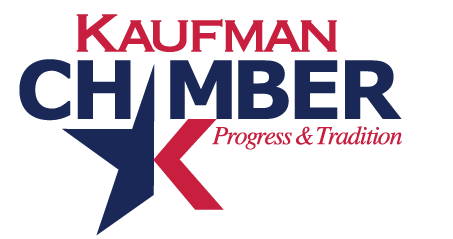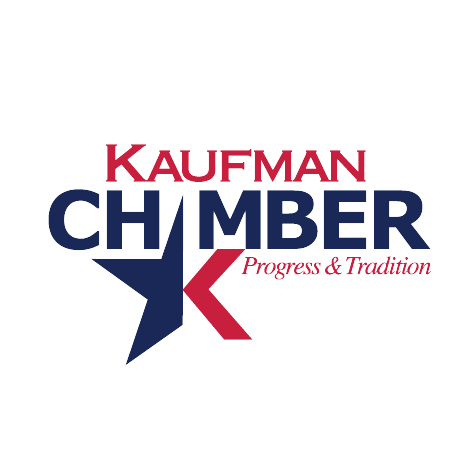Not every networking invitation is worth your time. Watch for red flags:




Decline respectfully, and prioritize meaningful connections.
456 words ~ 2.5 minute read
—
Early in your career, you might feel pressured to seize every networking opportunity, thinking it’s the key to success. But not all connections are created equal. Investing time in the wrong relationships can detract from building meaningful, productive networks. Knowing when to decline a networking request is essential for preserving your energy and integrity.
Here are key red flags to consider before saying yes:
- It’s a Sales Pitch, Not a Relationship
If someone approaches you with an agenda to sell a product or service rather than foster a genuine professional connection, be cautious. Authentic networking should be about mutual growth and shared value—not transactional gains. - Reputation Raises Concerns
If the individual or their organization has a questionable reputation or operates in a way that conflicts with your values, engaging could jeopardize your professional credibility. It’s okay to protect your integrity by steering clear. - Premature Requests for Favors
When someone asks for significant help or endorsements before you’ve established any rapport, it’s a sign they’re likely prioritizing their interests over yours. Genuine connections develop over time and mutual effort. - Negative Past Interactions
If you’ve previously engaged with someone and it left a bad taste—be it unprofessionalism, unreliability, or other red flags—there’s no need to give them a second chance. Trust your past experiences to guide future decisions.
The Art of Declining
Turning down a request doesn’t have to damage relationships. Politely declining with gratitude for the invitation and offering alternative resources or contacts can soften the refusal. A simple response like, “Thank you for reaching out, but I’m unable to commit at this time. Best of luck!” goes a long way in maintaining professionalism.
Building Intentional Connections
Focus your networking efforts on individuals and groups aligned with your professional goals, values, and vision. Seek out mentors, peers, and collaborators who inspire growth and offer reciprocal value. By being selective, you’ll maximize the impact of your relationships and create a network that fuels your career.
Further Reading:
- The Dos and Don’ts of Networking (Harvard Business Review)
- How to Master Meaningful Connections (Forbes)
Last modified: January 2, 2025



